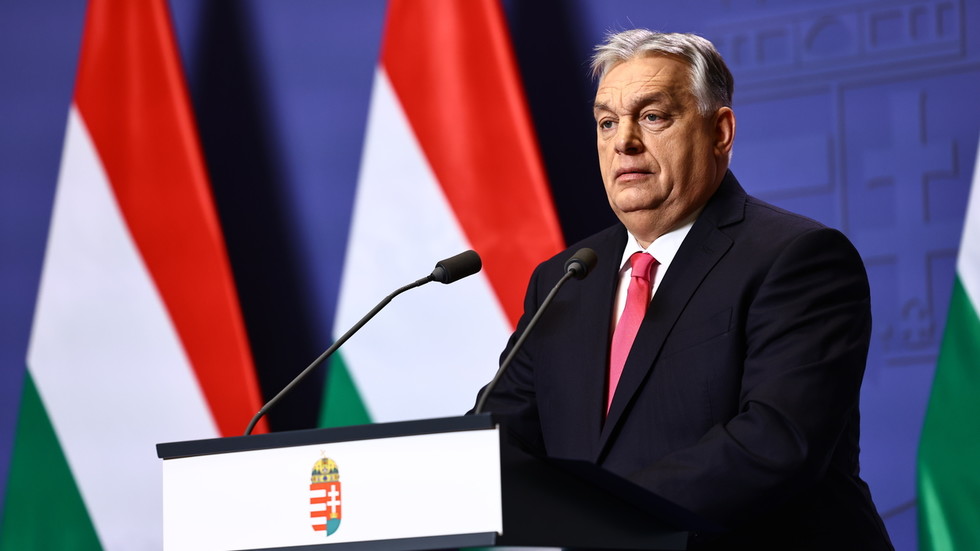In a dramatic escalation of its ongoing conflict with Harvard University, the Trump administration has revoked the prestigious institution’s authorization to enroll international students. The move comes after Harvard refused to address alleged antisemitism on campus and dismantle its diversity, equity, and inclusion (DEI) programs. Homeland Security Secretary Kristi Noem announced the ultimatum, giving Harvard 72 hours to comply with federal demands to have its Student and Exchange Visitor Program (SEVP) certification reinstated.
The demands include handing over disciplinary records for non-immigrant students from the past five years, as well as electronic records, video, or audio documenting “illegal, dangerous or violent” activity on campus. Secretary Noem emphasized that Harvard can no longer enroll foreign students, and existing international students must transfer or risk losing their legal status. “This administration is holding Harvard accountable for fostering violence, antisemitism, and coordinating with the Chinese Communist Party on its campus,” she stated. Noem also noted that it is a privilege, not a right, for universities to enroll foreign students and benefit from their higher tuition payments.
The revocation of Harvard’s SEVP certification could have far-reaching consequences, affecting nearly 6,800 international students currently enrolled at the university’s Cambridge, Massachusetts campus. These students make up approximately 27% of the university’s 2024-25 student body. Harvard has denounced the decision as unlawful and politically retaliatory, arguing that the administration’s actions pose serious harm to the university’s academic mission and global reputation. According to Harvard spokesperson Jason Newton, the university is “fully committed to maintaining Harvard’s ability to host international students and scholars, who hail from more than 140 countries and enrich the University – and this nation – immeasurably.”
The clash marks a significant escalation in the Trump administration’s pressure campaign against elite universities, particularly in relation to their handling of pro-Palestinian student protests. Since returning to office, Trump has called on colleges to root out antisemitism and dismantle DEI programs, which he claims promote “division and radicalism.” After Harvard rejected federal demands and pledged to address internal issues on its own terms, the administration froze $2.2 billion in federal funding to the university. This freeze is part of a broader review of nearly $9 billion in public grants awarded to Harvard and its affiliated research institutions.
As the situation unfolds, the international community watches with keen interest, aware of the potential implications for academic freedom, global education, and diplomatic relations. The Trump administration’s actions have sparked intense debate, with many questioning the motivations behind the move and the potential consequences for students, universities, and the broader academic landscape. With the 72-hour deadline looming, Harvard University must now decide how to respond to the administration’s demands, weighing the potential risks and consequences of its actions.



